You basically don't know where to begin the way toward making another page or blog entry. How to make the site precisely know what you need? How do you need? What goes where? Difficult to tell from the main sight.
Actually, individuals run with particular solutions because of a perception of portability. The CMS must be straightforward and the migration procedure for any developer should be justifiable. However, portability is actually never that simple. A refined site will probably dispatch with customization to make it interesting. As it were, sites based upon a similar stage could appear to be unique with regards to their code.
Meanwhile you have been using WordPress for some time now and need to check if there are another better CMSs out there that are somewhat better to utilize? If yes, then you're in the opportune place.
These days designers tend to utilize many modules with the goal that the customers can update content without much of a stretch. WordPress was not outlined in view of matrix designs and it causes bunches of issues when customers ask for much else besides a standard site.
Here is the deal
Source : https://alchemyimageworks.com/wp-content/uploads/2017/08/alchemy_blog_cms_website_design_01.jpg
The main thing to consider when picking a CMS is the language knowledge of your developers. While there are a couple of individuals around feeling capable in any number of languages, The majority use one more often the other. So you should find out which programming language they'd incline toward. In case you're working with freelancers, you should investigate the market and what’s popular out there. A few languages have higher rates than others, some are not popular.
1. Programming language
Source:http://www.erphaber.com.tr/wp-content/uploads/2015/12/programminglanguages-600.png
The most important thing to consider while picking up a CMS is the knowledge of language your developers own. There may be a couple of individuals around feeling capable in any number of languages, but the majority of developers are capable with one more often the other programming languages. So you should find out which programming language they'd incline toward and which language does your programmer finds easy to work with!
In case you're working with freelancers, you should investigate the market and do a small research on which language suits your purpose the best and would be persistent in future and then choose the one. A few languages have higher rates than others, while some are not popular.
2. CMS Structure
Source : blitzmediadesign.com/blog/2014/05/start-your-website-design-with-a-prototype
A CMS comprises of various parts that makes it easier for search engines to crawl, organize, and display your content. The greater amount of those parts are utilized by your engineers, the less time it takes them to begin using the new language. So better utilization of resources in CMS structure leads to greater earnings ;) If you're developer is not compatible to CMS structure then outsource website development to an agency.
3. Popular Add-Ons
Source : http://www.playfield-media.com/service/website-extensions-addons/
The least difficult strategy for growing the handiness of a CMS is by including existing add-ons. There is no benefit in creating add-ons if they are difficult to use, download and introduce. Do some research on what add-ons are accessible for the CMS you are thinking about. Estimation, documentation, and guidelines must be mulled over. Start with open source solution if you can’t find the add-on you need.
4. Programming interface
Source : https://www.roberthalf.com.hk/blog/what-best-programming-language-learn
You probably don’t need a custom-made CMS. So to get as cost-productive as possible the CMS you are picking ought to be effectively extendable. A CMS that gives great APIs to build new additional items and section focuses for expanding and redoing existing usefulness gives you the likelihood to make it your own. A work process doesn't fit your needs? Modify it. You are utilizing a CMS that you need to incorporate? Create an add-on.
5. Instructions
Source : http://nationalcredentialing.com/cms-updated-manual-guidelines-change-ownership/
Documentation is the first thing for an engineer to take a look at, if there is an issue and it’s too complicated - do not use it. Think about documentation as a long-term process. Throughout the years it will be updated several times. A decent CMS framework gives relocation documentation to all breaking changes and gives a clear instruction on how to update the system - ensuring you can utilize it for a considerable length of time.
6. Support
Source : http://www.jlbworks.com/category/website-support/
Indeed, even the best engineer on the planet can experience difficulties. At the point when that happens, it's good to know you can get help somewhere. Support can come in many structures, discussions, mailing records, talks or even newsgroups. The vital thing is, that there is some type of help for the CMS you picked. For engineers, one of the typical place to look for the answer is Stack Overflow. To get an idea how your system works and to see if you can find an answer. Make sure to check Google as well or CMS official website.
Conclusions:
Sites based on restrictive CMS have a tendency to be less "versatile" compared with those based on less modified installs of open-source CMS. However, programmers utilizing a restrictive CMS will be more disposed to organize their association with their customers. The usefulness of restrictive CMS is frequently formed after some time by the customers who utilize them.
The Big Picture
With all that in mind, here’s how we’ll wrap this up. If you’re questioning how to proceed with a website project and which CMS platform makes sense, consider the following:
- How long your website will exist? The average website’s lifetime is no more than 5 years). Here is when you should consider what’s the best option and how to teach others who will be working in a company with this CMS.
- What exactly is needed to be created on the website? Will the CMS that you’re planning to use be able to meet them?
- How would you see the history and stability of the engineer you're reviewing?A short history or unsteady operation will probably predict the lifespan and nature of your site than any innovative technology.
The bottom line is that if you have a developer for your website, let him decide how the CMS you have chosen meets his expectations. Whether it's easy to use or not. Time is money anyways.
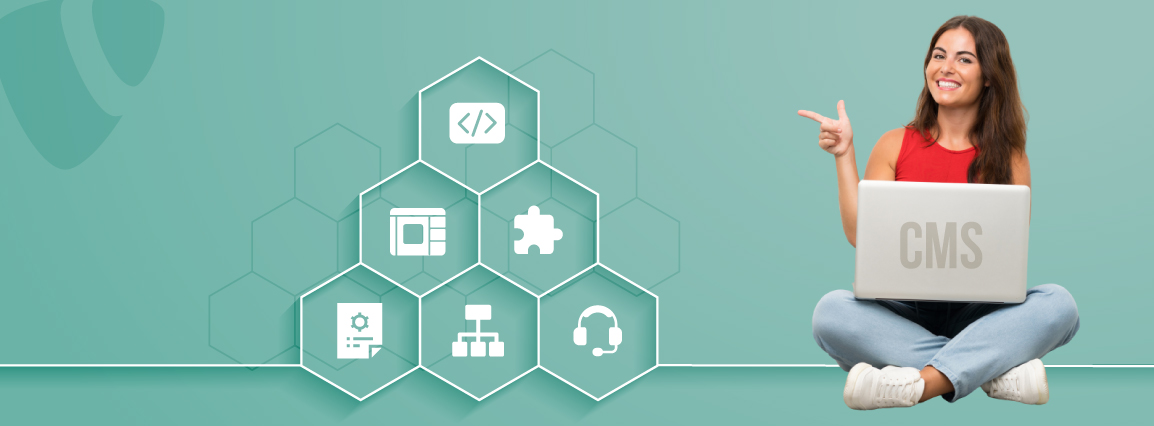
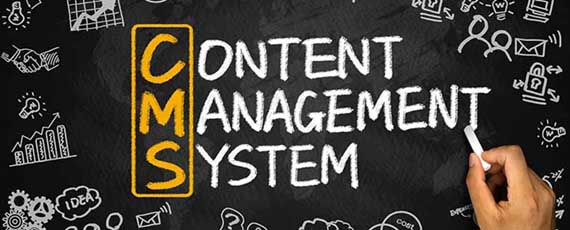
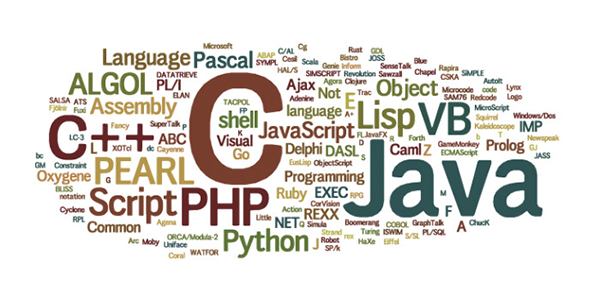
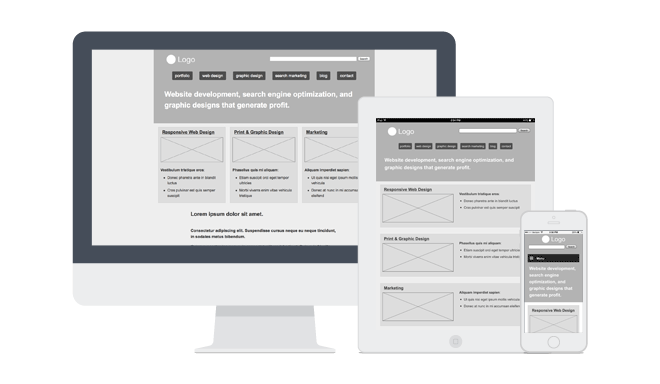
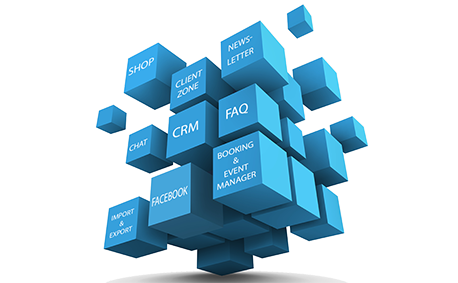




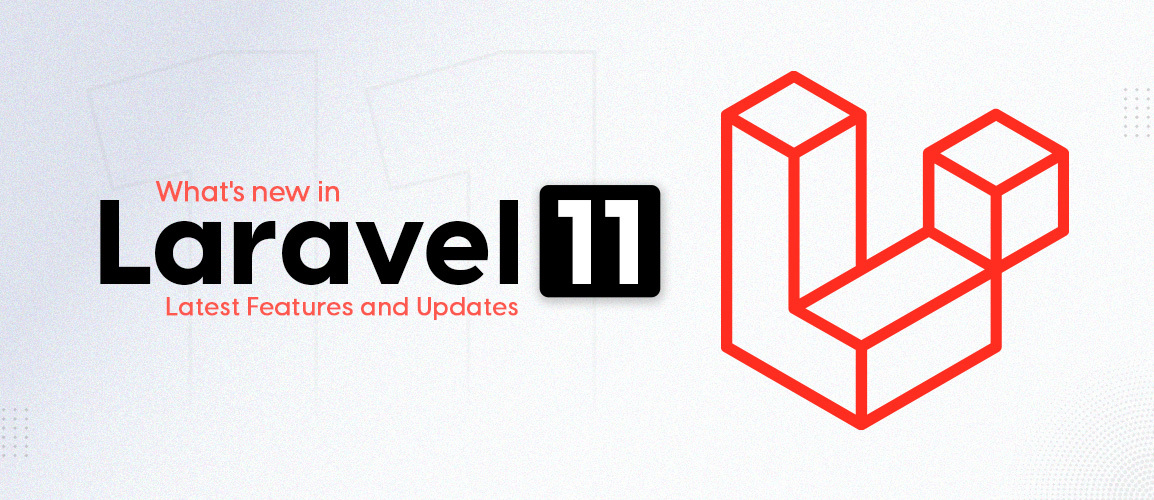

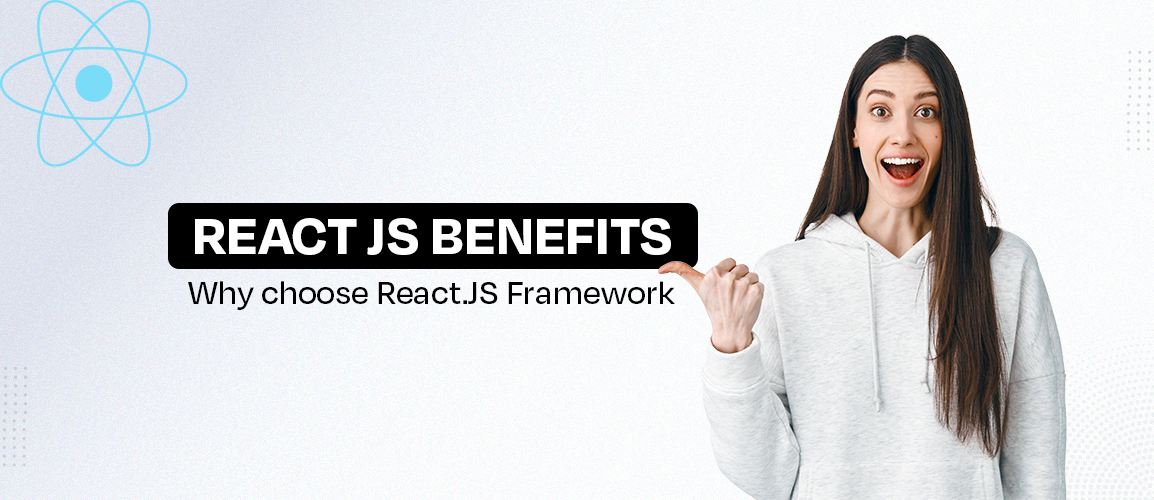
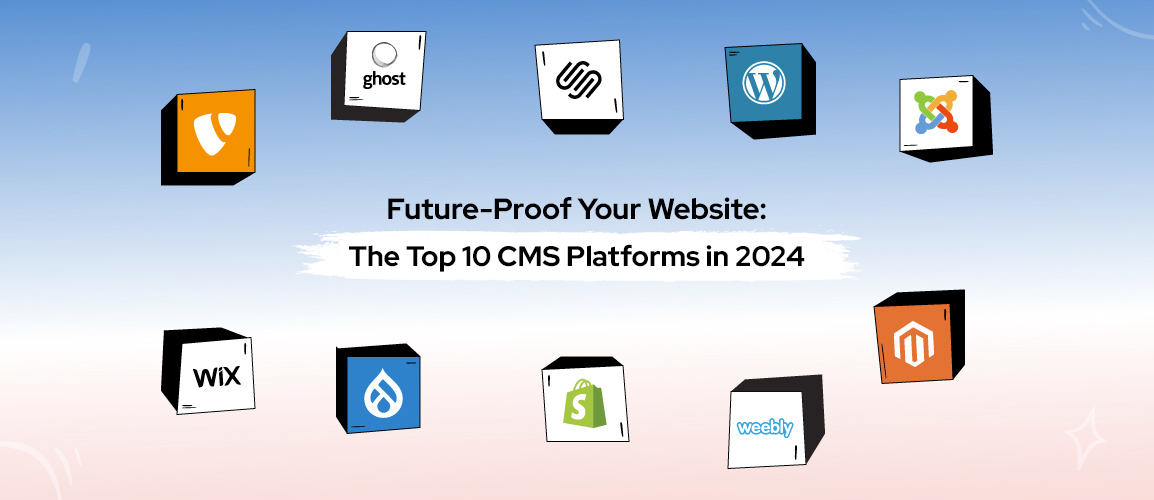
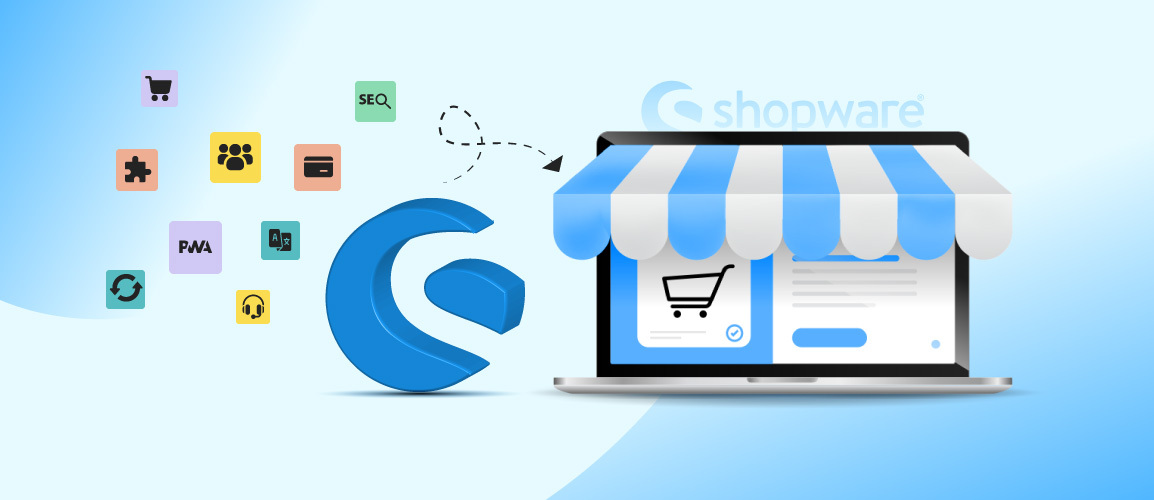
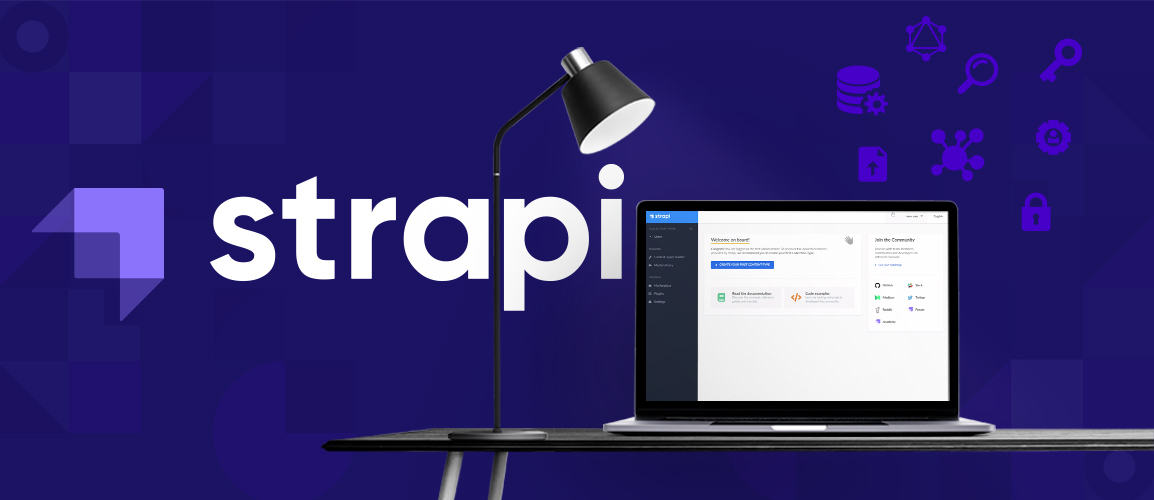
Comments and Responses